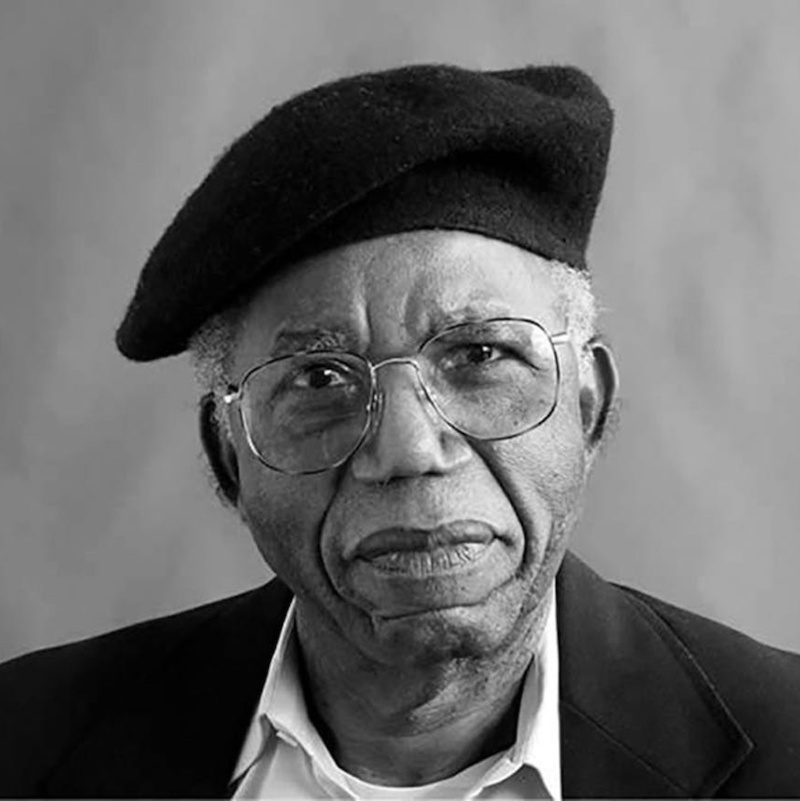Things Fall Apart (1958)
Episode #7 of the course Masterpieces of world literature and why they matter by Alisa Miller
Welcome to Day 7 of our exploration of literary masterpieces. Today’s book, Things Fall Apart by Chinua Achebe, is authored by a Nigerian and set in Nigeria but written in English. The fact that Achebe wrote this novel in English is at the heart of some controversy.
Pre-colonial Nigeria
Things Fall Apart is set in Nigeria in the late 1800s, just prior to and in the beginning stages of its colonization by the British. The story focuses on Okonkwo, a leader in the Igbo village where he and his family live. The first part of the novel describes in rich detail the ways of the Igbo people, with an emphasis on their customs and traditions. This part of the novel also provides the basis of the storyline about Okonkwo, who struggles with knowing how to live in what he perceives as a masculine way but without allowing anger to rule him.
The second and third parts of the book explore both the downfall of Okonkwo, as he puts his personal desires above the good of the community, and the arrival of the British and the devastating effects their presence has on the Igbo people.
Throughout the book, Achebe provides insight to life that can be applied to cultures around the world through dichotomies such as masculinity and femininity, old traditions and new ways, and the needs of the individual and the group. He also incorporates proverbs of the Igbo people to illustrate the importance of storytelling as a method of both instruction and sharing the history of the culture.
Language Choice
When Achebe chose to write Things Fall Apart in English, the language of the people who were at the heart of the downfall of the Igbo people, many felt angered. Achebe, though, felt that English could bring his Africa to the West in a way that Westerners could understand. He hoped he could write in a new way that utilized English as a tool of communication, while also preserving the essence of the Igbo language. Achebe purposefully included many Igbo words in the text of Things Fall Apart, which served to incorporate the Igbo language rather than isolate it.
In several interviews, Achebe mentioned that he felt writing Things Fall Apart in English would allow the story of the Igbo people to make its way to more people, both in and outside of Africa. Had he written it in Igbo, he felt that it would not have gone beyond the Igbo people. He also spoke of how the Igbo people didn’t need a story to illustrate their oppression, which they already knew, but perhaps others in the world needed to understand.
Presenting a More Accurate Africa
Many in the West had only the white man’s perspective of Africa, which was fraught with racism and depicted people from Africa as savages. When Achebe shared the Igbo people with the Western world, he showed readers that there are more similarities than differences. Customs such as courtships, weddings, and funerals may appear different in the manner in which they are performed, but they serve the same purpose across cultures. Additionally, the ideas of law and order, social taboos, and the value of art and music depicted in Things Fall Apart cross cultures and provide an important connection to the humanity in all people.
Paving the Way
Nelson Mandela is frequently quoted as saying Achebe “brought Africa to the rest of the world.” After the international success of Things Fall Apart, other African writers felt inspired to share their experiences too. Writers such as Chimamanda Ngozi Adichie and Ben Okri, also from Nigeria, and American writer Toni Morrison claim Achebe as inspiration for their work. Many consider Chinua Achebe as the father of African literature.
Tomorrow, we will leave Africa and head to South America, where we will study Gabriel García Márquez’s amazing family history steeped in magical realism, One Hundred Years of Solitude.
Recommended book
Things Fall Apart by Chinua Achebe
Share with friends

